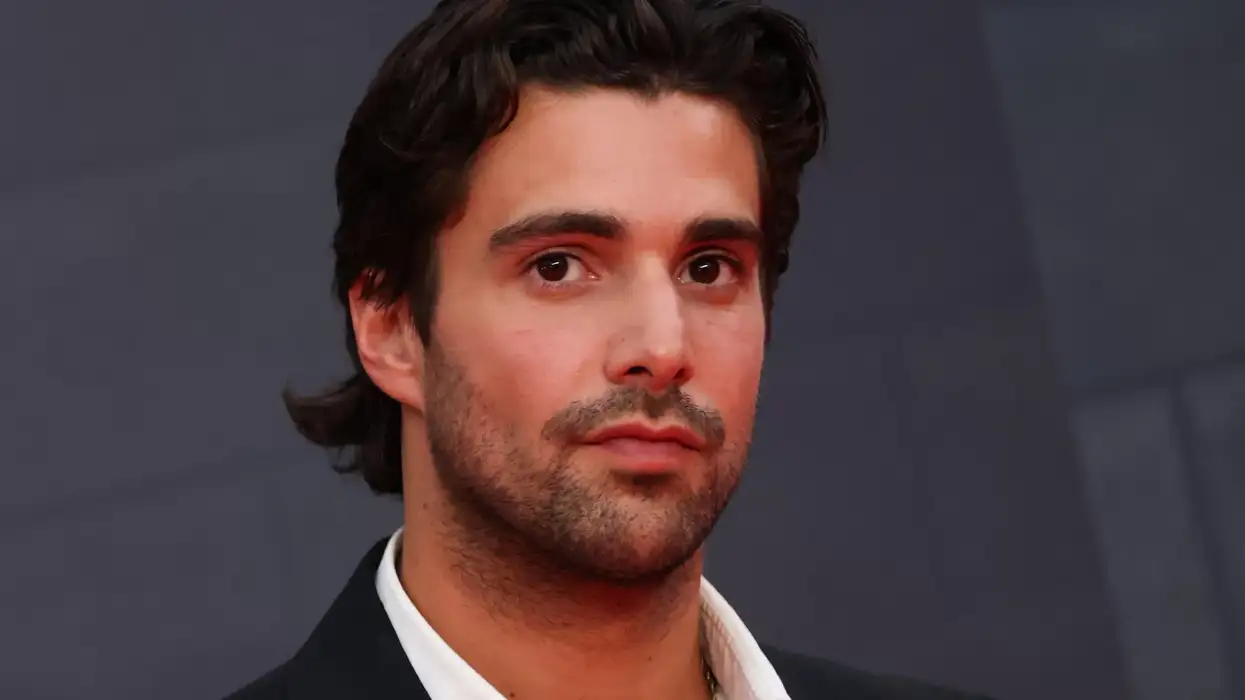Actor Fabien Frankel, who plays Rhaenyra’s knight in once-shining armour in House of the Dragon, has revealed that he spent seven months preparing for a big sex scene with co-star Ser Criston Cole that featured in the fourth episode of the show.
“It was something we talked about over seven months. It was one of the first things I was very keen to talk about,” Frankel tells a publication. “We were incredibly fortunate that episode 4 was directed by Clare Kilner, who, I think is one of the great TV directors working today.”
He continued, “The big thing for me was about it not feeling like another gratuitous, sweat-glistening-off-their-back sex scene, 'cause it's just not like that. Anyone who's ever had sex will tell you sex ain't that beautiful. It isn't some picturesque, amazing thing. It's awkward, especially when you are young. There's an uncomfortability that one has to sit in, and there's a discovery and understanding of each other's bodies — not to mention the practical side of the whole thing.”
Frankel said he spent months texting Alcock and the episode director about the scene and asking them, “How do we make this human?”
“I just remember back and forth texts, back and forth phone calls, back and forth meetings between Clare, myself, Milly, and our intimacy coordinator. But particularly me, Clare, and Milly going, ‘How do we make this human?’ Frankel recalled.
“I remember just saying to them, ‘There’s no way this armor comes off without the help,’” he said, explaining that he fought to have the scene’s runtime dragged out with the long process depicting his character, Ser Criston Cole, taking off his armor.
“Knights would have squires, and squires would take off their armor. For even a world-quality squire, you’ve got 10 minutes to get the armor off. Let’s say five, maybe at best. There’s no way Rhaenyra and Cole are gonna take that armor off in 10 seconds,” Frankel said. “So, I was like, ‘Well, you have to have that in. It’s important that that’s what it is. It’s important that it’s a struggle to get the armor off.’ It’s heavy. How do we get the buckle off? How do we get the boots off? These are all the things I really cared about, ’cause they take away this sort of, to my mind, archaic sexual sex scenes that have existed for so long in television and film, and make it feel real and how it would be.”
House of the Dragon airs on HBO.




